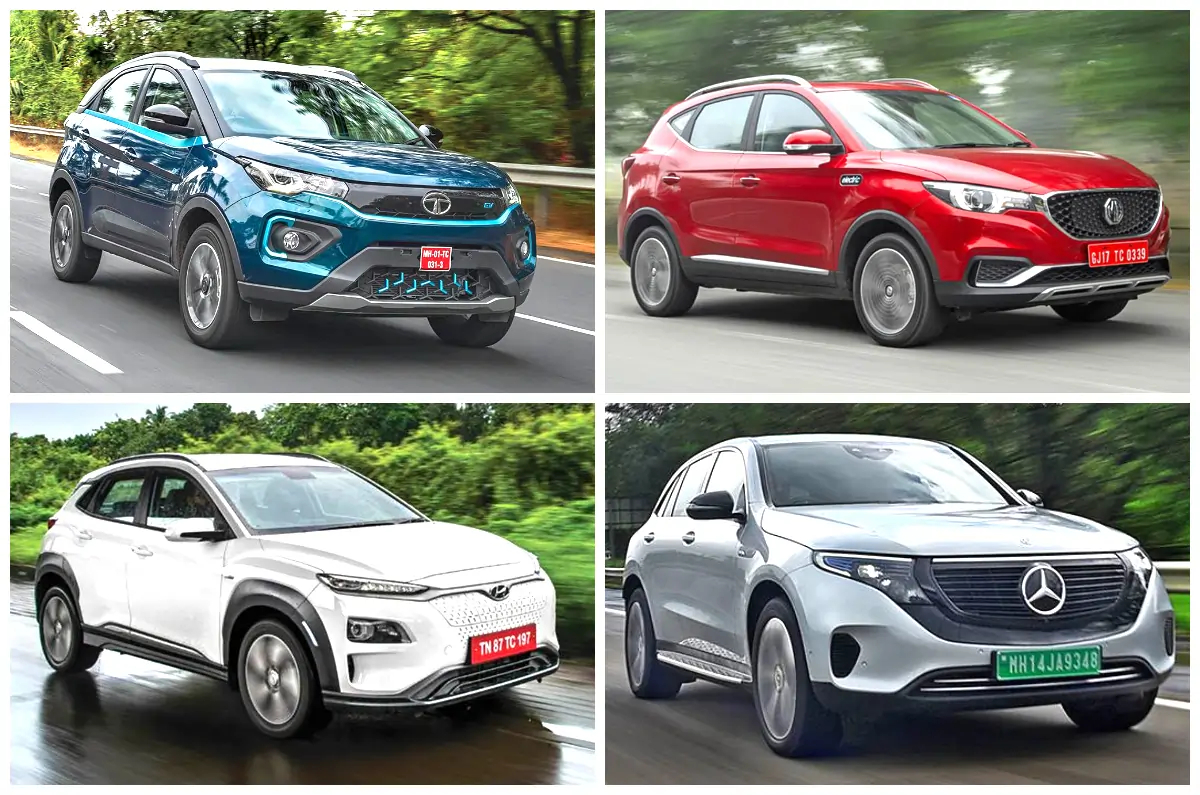
For any electric vehicle (EV) buyer, one of the key factors to consider is the battery warranty provided by the manufacturer. EV batteries are expensive, so a robust warranty protects against early failure or reduced range. This comprehensive guide will explore EV battery warranties in-depth, covering what’s typically covered in India, the fine print you should know, tips to extend battery life, and more.
Overview of EV Battery Warranties in India
Most automakers offer warranties between 3-8 years for the EV battery pack under normal use. This covers repairs/replacements due to manufacturing defects or early degradation issues. Beyond the years/km limits, owners need to pay for battery service. Warranties usually specify the minimum battery capacity retained during the coverage period.
Here are the battery pack warranties offered on top EV models in India:
| EV Model | Warranty |
|---|---|
| Tata Nexon EV | 8 years or 1.6 lakh km |
| MG ZS EV | 8 years or 1.5 lakh km |
| Hyundai Kona | 3 years or unlimited km |
| Tata Tigor EV | 8 years or 1.6 lakh km |
| Mahindra eVerito | 3 years or 1 lakh km |
Luxury EV brands like Mercedes, Audi, and BMW offer shorter 2-3 years warranties. Most electric two-wheeler makers offer 3-year warranties.
Key Details Covered Under EV Battery Warranties
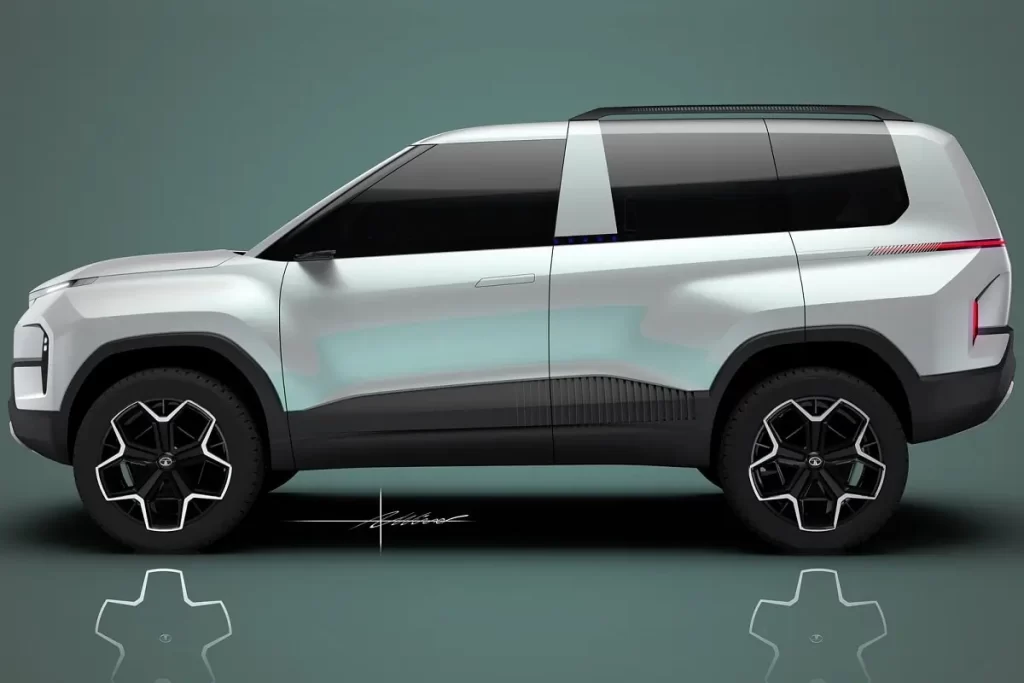
It’s important to read the full battery warranty terms of your EV brand to know exactly what’s covered. Here are some key points that warranties typically address:
Capacity Retention
Warranties state the minimum % of original battery capacity retained over time. Forex. Tata warrants >80% capacity for 8 years. If it falls below a guaranteed threshold, repairs/replacement are covered.
Parts and Labor
Battery components (modules, cooling systems, charge ports, etc.) and labor costs for repairs are covered under warranty. Consumable parts may not be covered.
Validity
Specified warranty duration (years) and mileage limits. Coverage ends once either limit is reached. It May differ for rapid charging impact.
Remaining Coverage
Coverage applies only for the remaining time of the original warranty if the battery or components are replaced during the warranty period.
Exclusions
Issues due to accidents, improper usage, modifications, extreme events, etc., usually aren’t covered.
Transferability
Some warranties can be transferred to subsequent owners if the EV is resold before expiry.
Procedure
Process for filing warranty claims, repair requests, communicating with manufacturers, etc.
Factors Affecting EV Battery Life
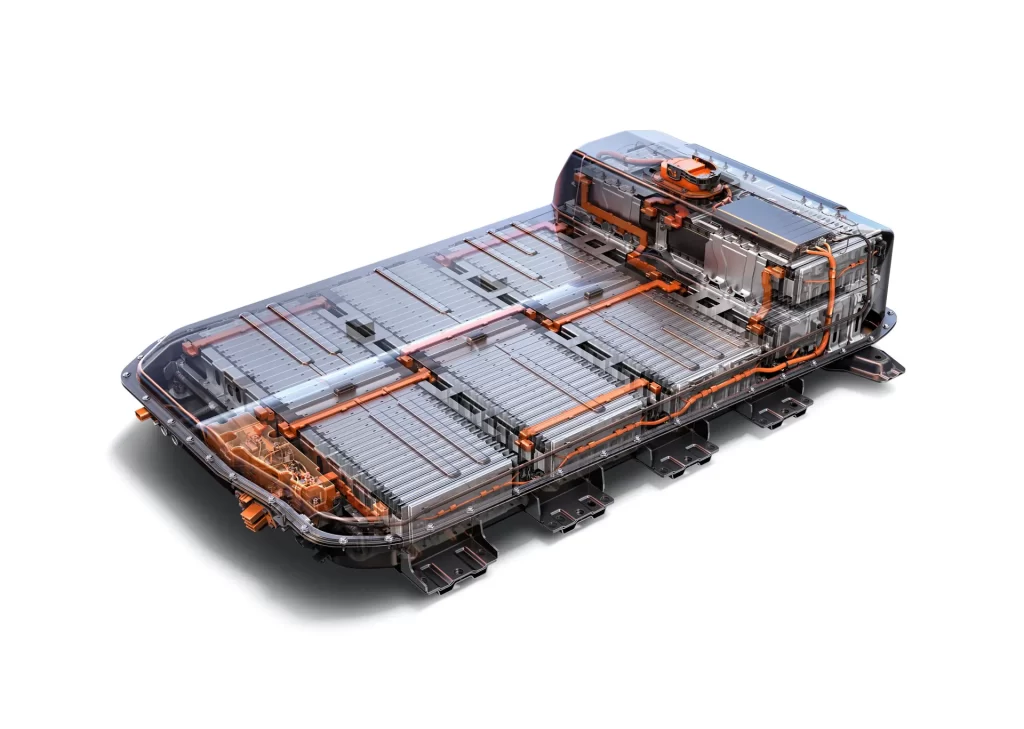
While warranties offer peace of mind, maximizing battery lifespan through proper care and usage habits is best. Here are key factors impacting EV battery life:
Charging Cycles – Batteries naturally degrade as they go through charge cycles. Limiting fast charges and avoiding full discharges extends lifespan.
Overheating – High temperatures, especially during charging, deteriorate batteries. Parking in the shade, pre-cooling cabin, etc, can help.
Deep Discharges – Fully draining the battery routinely reduces capacity faster. Maintain at least a 20% charge minimum.
High Mileage – More km driven means more wear and tear. Spread usage over multiple shorter drives.
Fast Charging – Frequent ultra-fast DC charging generates more heat and accelerates degradation vs AC charging.
Climate Conditions – Extreme cold or hot weather beyond EV’s operating range impacts battery performance and longevity.
Storage – Storing an EV at low/full charge for extended periods affects battery cells adversely.
Tips to Extend Your EV Battery Warranty
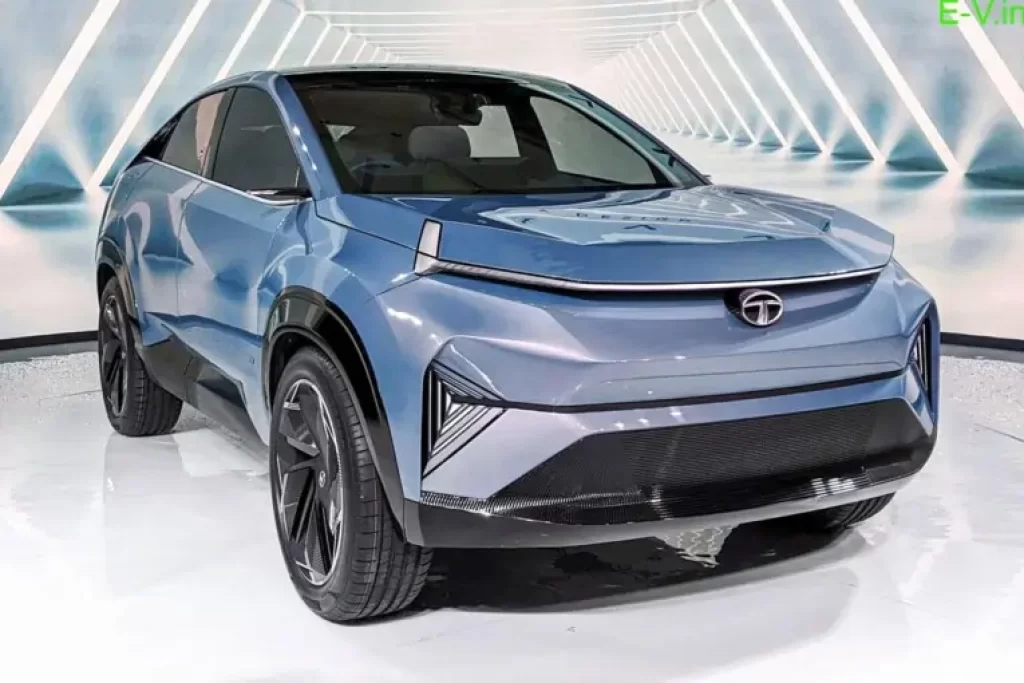
Follow these best practices to avoid premature issues and extend your EV battery warranty coverage:
- Adhere to the manufacturer’s charging guidelines. Avoid ultra-fast charging daily.
- Charge 80-90% for daily use instead of 100%. Completely draining the battery shortens life.
- Use slower AC charging regularly. Save DC fast charging for when urgently needed.
- Avoid parking in extremely hot or cold temperatures. Pre-cool/heat the cabin while the battery is plugged in.
- Check monthly battery diagnostics. Proactively get serviced if capacity drops abnormally.
Rather than waiting, Report any warning lights, error codes, or symptoms immediately.
- Insulate EV during long-term storage. Disconnect the battery as per guidelines.
- Maintain service records. Follow all maintenance schedules and steps.
Also Read: SK On & Ford Motor Will Build Mega EV Battery Plants in Kentucky and Tennessee States of USA
What Voids an EV Battery Warranty?
Here are some key actions that can void your EV’s battery warranty. Avoid these:
- Attempting to open, modify or tamper with the battery pack.
- Ignoring warning lights/error codes and continuing to drive.
- Charging with unsupported chargers or voltages.
- Using unapproved electrical extensions or adapters.
- Vehicle submersion, fire damage, or major collision.
- Failing to follow prescribed maintenance by manufacturer.
- Charging to 100% daily for prolonged periods.
- Exceeding maximum charge cycles before servicing.
- Not informing about ownership transfer when reselling EV.
Recycling EV Batteries
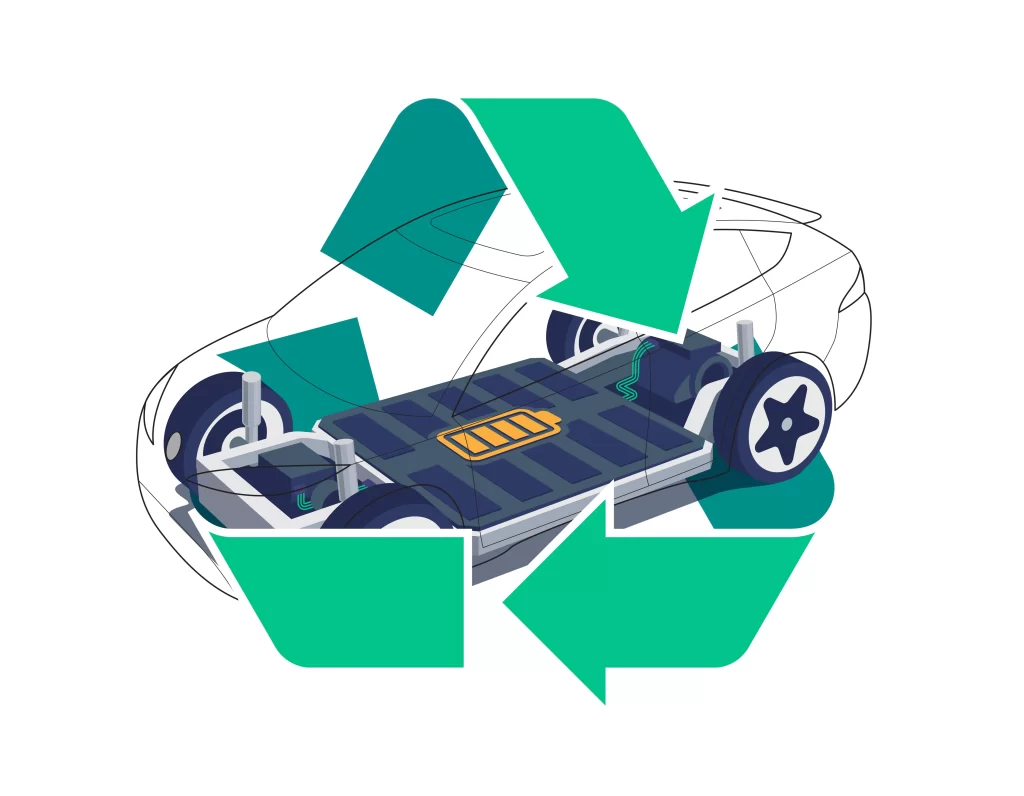
Recycling responsibly is important once an EV battery reaches the end of life after 8-10 years. Automakers and battery companies offer recycling schemes to recover materials. Key steps in recycling processes:
- Diagnosing the battery for hazardous damage before accepting
- Dismantling battery carefully to avoid short circuits
- Separating polymer, electronics, wiring, steel casings
- Shredding and treating components to recover lithium, cobalt, nickel, etc.
- Ensuring no toxic materials enter landfills
- Safely disposing of any non-recyclable elements
Proper recycling reduces environmental impact and drives sustainability.
Future Improvements in EV Battery Tech
While lithium-ion batteries dominate currently, ongoing innovations aim to enhance EV battery performance, durability, safety, and cost over the next 5-10 years:
Solid State Batteries – Higher density and stability of solid-state electrolytes replace liquid electrolytes used today. Enables faster charging, more range, and safety.
Better Thermal Management – Advanced cooling systems, optimized cell arrangement, and heat transfer can regulate temperatures better during fast charging and extreme weather.
Improved Cell Design – Changes in electrode shapes, new structured materials, electrolyte additives, and more help increase charge capacity.
Low Cobalt Cathodes – Reducing expensive cathode cobalt content via nickel-manganese-based chemistries cuts costs.
Self-healing Batteries – Coatings help repair small internal cracks and flaws, reducing degradation over time.
Key Takeaways
In summary, EV buyers should look for the following:
- Longer battery warranties (8 years preferred) covering capacity retention
- Carefully following prescribed usage/charging guidelines
- Limiting DC fast charging and deep discharges
- Addressing warning signs promptly rather than waiting
- Considering battery warranty transferability if reselling the EV
You can maximize your EV battery warranty protection and lifetime by adopting these practices.
Latest Developments in India’s EV Market
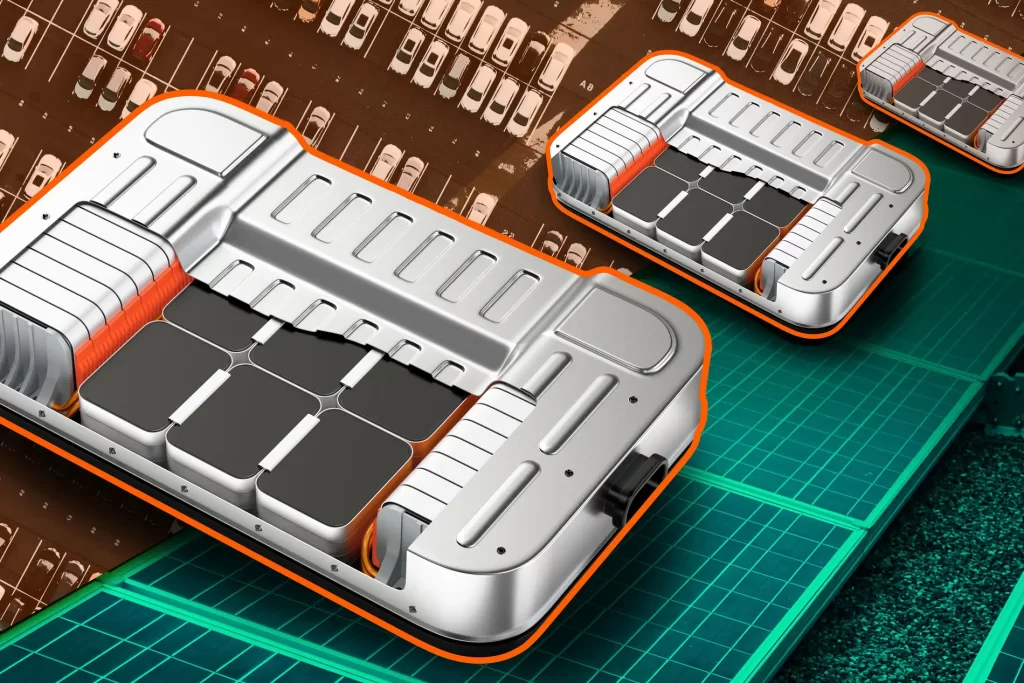
The Indian EV industry continues to grow rapidly. Here are some recent updates:
FAME II Scheme Extension
The Indian government extended its EV subsidy program FAME II to March 2024. Over 1.8 lakh EVs have received subsidies under it so far.
New EV Launches
India EV launches for 2023 include BYD Atto 3, Kia EV6, MG Air, Maruti Suzuki EV, and Tata Tiago EV. More models to help widen adoption.
Charging Infrastructure Expansion
Tata Power plans to install 7,000 EV charging stations over 5 years. Other players like Magenta, Fortum, and HPCL are also expanding charging networks.
Rising Fuel Prices
Record high petrol and diesel prices and lower operating costs make EVs more affordable.
Public Transport Electrification
Major cities are placing large orders for electric buses. Delhi targets the induction of 1,500 e-buses by the end of 2023.
New EV Manufacturing Hubs
Ola is building its ‘Futurefactory’ in Tamil Nadu. Tata and BYD are also setting up EV manufacturing facilities in India.
Startups Offer Battery Swapping
Sun Mobility, Battery Smart, and VoltUp offer EV battery swapping to address range anxiety and long charging times.
Delivery Companies Adopt EVs
Amazon, and Flipkart replacing diesel delivery vans with EVs. Zomato, BigBasket is also moving to electric bikes and trucks.
India’s EV revolution is accelerating, aided by maturing technology, cost parity vs petrol vehicles, and favorable regulations. Exciting future ahead!







